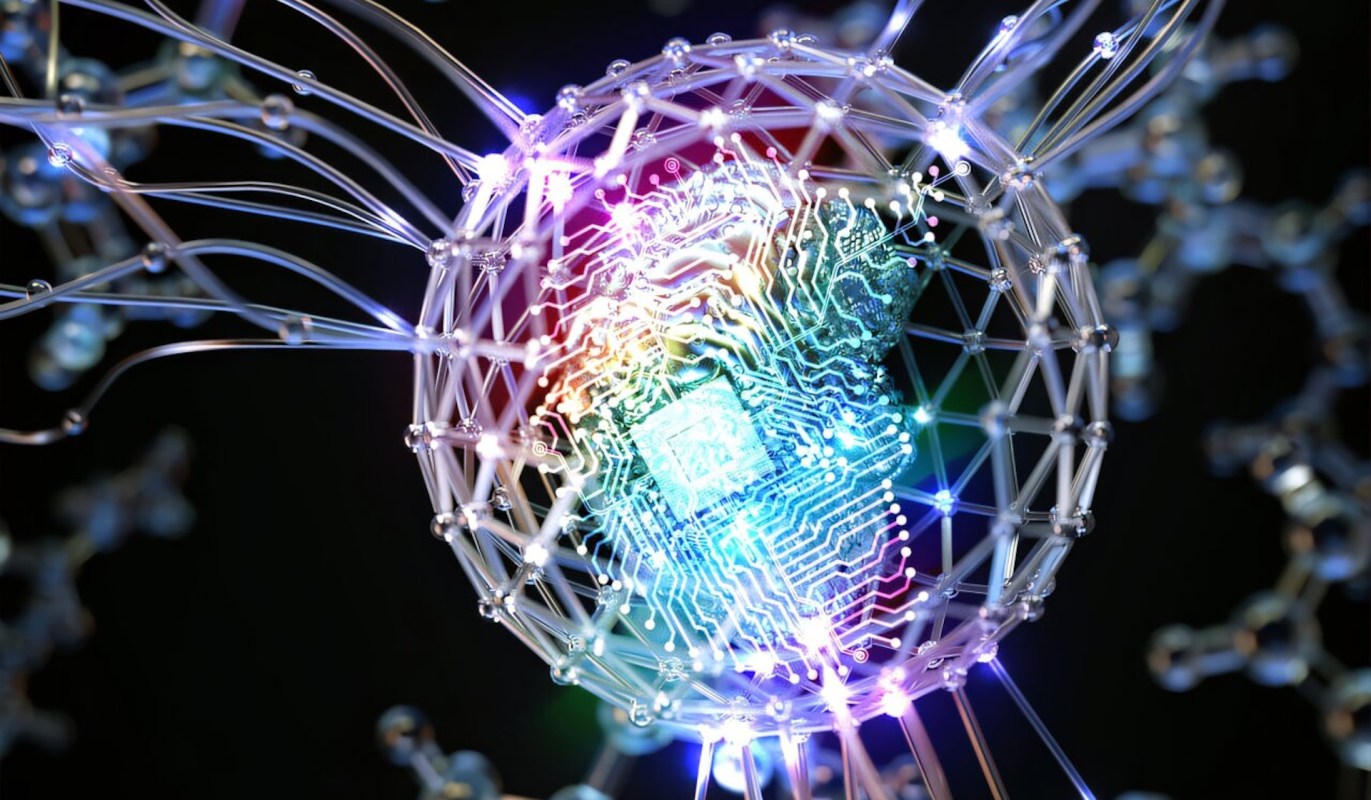
Photo Credit: Massachusetts Institute of Technology
A team of Massachusetts Institute of Technology engineers has developed a new artificial intelligence tool that could help accelerate quality control and testing of new materials, driving innovation, lowering costs, and removing developmental bottlenecks.
SpectroGen is a generative AI tool revealed in a recent study published in Matter that researchers are using as a virtual spectrometer to turbocharge material-scanning capabilities, according to a report shared by Phys.org.
The advancement of more efficient batteries, faster electronics, and more effective pharmaceuticals relies on the discovery of new materials to improve their functionality, but verifying their quality involves costly and time-consuming processes using specialized instruments, MIT explained.
Certain spectroscopic modalities reveal the specific properties of a material. Infrared scanning can show a material’s molecular groups, while X-ray diffraction exposes the crystal structures within them, and Raman scattering provides insight into a material’s molecular vibrations.
All of these tests, although essential to analyzing the quality of new materials, can make the process time-consuming and require access to high-quality instruments specific to each need.
The MIT engineering team developed SpectroGen to use mathematics to extrapolate data from several different modalities from a single infrared spectra scan.
Mitsubishi Electric’s efficient heating and cooling HVAC solutions can help you stay comfortable no matter the weather or region. You can even regulate temperatures in each room with individually controlled all-electric heat pump systems.
With an energy-efficient, all-climate system from Mitsubishi, you can reduce the amount of energy needed to heat and cool your home, receive up to $2,000 in tax credits, and get peace of mind knowing you’re choosing rigorously tested, high-quality products.
“We think that you don’t have to do the physical measurements in all the modalities you need, but perhaps just in a single, simple, and cheap modality,” said study co-author and assistant professor of mechanical engineering at MIT, Loza Tadesse.
“Then you can use SpectroGen to generate the rest. And this could improve productivity, efficiency, and quality of manufacturing.”
The National Institute of Standards and Technology also expressed the potential of artificial intelligence and machine learning to advance the development of advanced materials in its 2023 Environmental Scan report.
By focusing on specific qualities such as improved conductivity, self-healing, and increased strength, these new materials can outperform traditional ones and drive innovation.
“Using AI and ML, material development can be done faster, more precisely, and at a lower cost,” NIST concluded.
This could include testing new components for use in next-generation fusion reactors, improved cathode materials for more efficient and longer-lasting batteries, plastic-free alternatives, or simply more resilient building materials.
After providing the AI systems with over 6,000 mineral samples, SpectroGen’s neural network learned the correlations among them. By using spectra from a material in one modality, such as infrared, it was possible to generate spectral results from another modality, such as X-ray scans, the MIT report detailed.
When checking results against minerals not in the initial dataset, the team found that SpectroGen generated a variety of spectral results from a single scan, with 99% correlation.
This can reduce the costs of material analysis and accelerate the discovery of new materials that could improve life for people across the globe.
Improved solar panels could further reduce reliance on dirty fuels, while innovative self-healing electrodes could produce green hydrogen fuel without relying on precious metals, just to name a few.
According to the MIT team, there are myriad potential applications for this new technology.
“I think of it as having an agent or co-pilot, supporting researchers, technicians, pipelines, and industry,” said Tadesse. “We plan to customize this for different industries’ needs.”
Join our free newsletter for weekly updates on the latest innovations improving our lives and shaping our future, and don’t miss this cool list of easy ways to help yourself while helping the planet.


